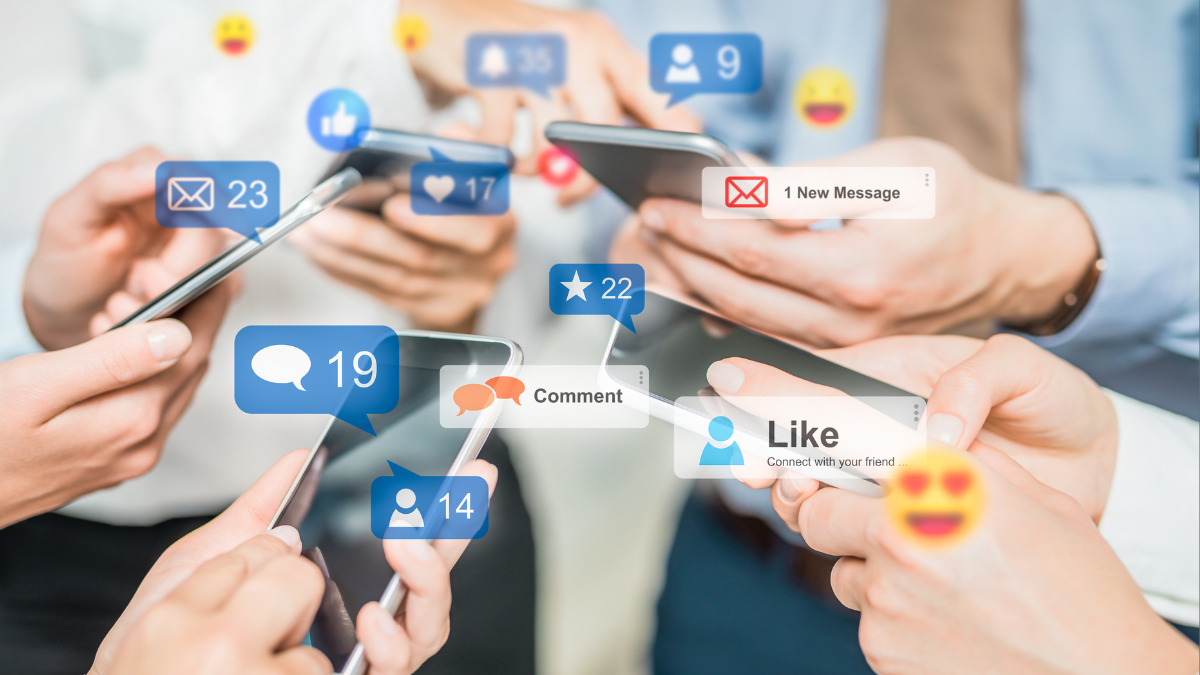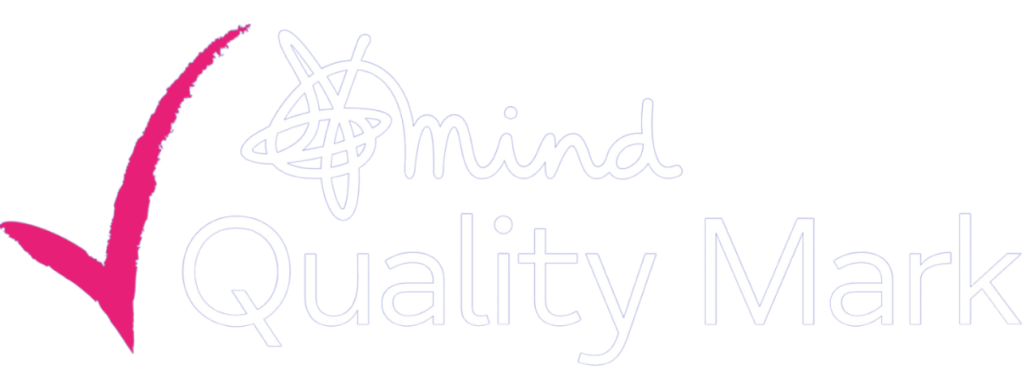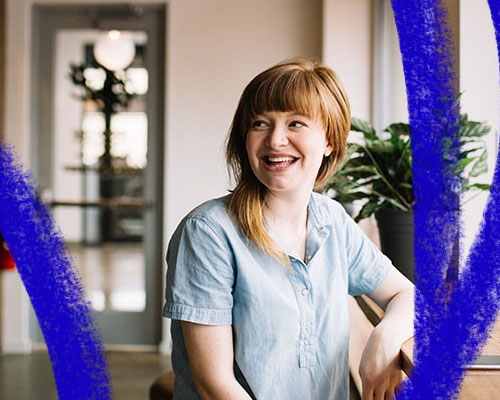Social media is omnipresent in this digital age, but as with most things, there are two sides to this coin. It’s a great platform for communicating, for exploring new interests and for entertainment, but are youngsters using it wisely so as to experience the benefits without the pitfalls that can come with it?
Depending on how you look at it and how you use it, social media can be both a boon and a burden, so how can you enjoy the likes of Instagram, Twitter and Facebook without it leaving a negative impact on your life and your mental health?
The issue with social media
Social media has offered us so many benefits, from huge marketing opportunities for businesses to the ability to connect with likeminded people and expand on interests and hobbies. It’s far from all bad news, and the tangible benefits have resulted in the majority of people using it in some form. According to digital marketing specialists Artemis Marketing, 50% of the world’s population uses social media, resulting in over 3 billion users worldwide who log on for a sense of belonging and a way to express themselves. In a recent UK survey, 91% of 15 to 16-year-olds use social media, with 87% having an online profile.
But while social media can be great for support, connection and creativity, it can also lead to feelings of isolation and addiction, and impact mental health, particularly for teens and young adults. The lack of in-person communication means that negative comments and abuse can be rife on these platforms, and the constant chase for more followers can lead people to put themselves in dangerous situations in a bid for that perfect reel or snapshot.
There’s also evidence to suggest that social media can encourage jealousy and hostility, even among people you know in real life. The constant ‘highlight reel’ can lead you to feel like you’re lacking in some way or that your life doesn’t match up to other people. In order to reap the rewards of social media without falling victim to the negative side effects, it’s worth limiting your social media usage and paying closer attention to how and when you log on to these channels.
Don’t mindlessly scroll
One of the biggest issues many people face when it comes to social media is the sheer amount of time they spend on these platforms, passively scrolling. When we mindlessly scroll, it’s easier for us to make comparisons with the people we see online and that can lead to jealousy, feelings of inadequacy and even stress and anxiety.
But because we’re bombarded with a continual stream of posts and updates, it’s easy to forget that what we’re seeing isn’t the whole story. It’s merely a selection of pictures and videos that have been edited and curated to show a certain perspective. Being mindful about how long you spend on social media can help you regain some perspective and prevent you from only seeing this filtered version of someone’s life.
Use it to build in-person relationships
Social media is great for building connections with like-minded people, but one of the ways you can limit your online use without compromising this opportunity is to use social channels as a way of setting up in-person interactions.
You can make conscious choices to use these platforms to get more of what you enjoy out of them, so if that’s the community building, why not see if you can arrange a lunch meet-up with someone or go for coffee with a group to chat in person rather than only online? It can take your online conversations into a more intentional, meaningful space, which can do wonders for your mental health.
Make use of your phone’s features
Your phone is capable of so much, but have you ever stopped to utilise the basic features it offers? The DND or ‘Do Not Disturb’ mode on your phone is often ignored but it was actually introduced to ensure users weren’t interrupted while sleeping. And it’s a feature you can use to help you limit your social media use too, so you can focus on other more important areas of your life, be it time with your kids, work or passion projects. Engaging DND mode makes you more conscious about your time on social media and diverts your energy elsewhere, so you can manage your time more easily.
Similarly, turning off notifications for social media platforms means you don’t get trapped in the cycle of closing down social channels only to immediately log back on the moment you get the ping of a notification. You get to choose when you log on and log off, putting you back in the driver’s seat.
Be intentional about your time
Before you passively open up a social media app, consider what your intentions are. Are you logging on to catch up with friends and chat, make plans with someone, zone out and be entertained, or be inspired? Do you want to take a specific action or are you just looking for something to pass the time?
There’s no right or wrong answer here, but understanding what you want to do can help you navigate social media with more purpose. It also means that once you’ve achieved what you set out to do (organising that meet-up, for example) you can log off and work on something else, without getting sucked into the trap of scrolling for hours on end. Setting these boundaries can really help to keep your mental wellbeing in check, and ensures you don’t waste hours on social media when that wasn’t your intention.
Social media has the potential to lift you up and bring you down, so utilising the right tools to put you in control of these channels makes all the difference to your mental health. With so many users around the world, it’s understandable that we’ll all react differently to using social platforms, but being more aware of how you’re using the likes of Instagram or TikTok can help you stay positive and have a healthier mindset.
For 24/7 information, advice and support, please call 01482 240133, email [email protected] or chat to us live using our live chat box in the corner of this page.




